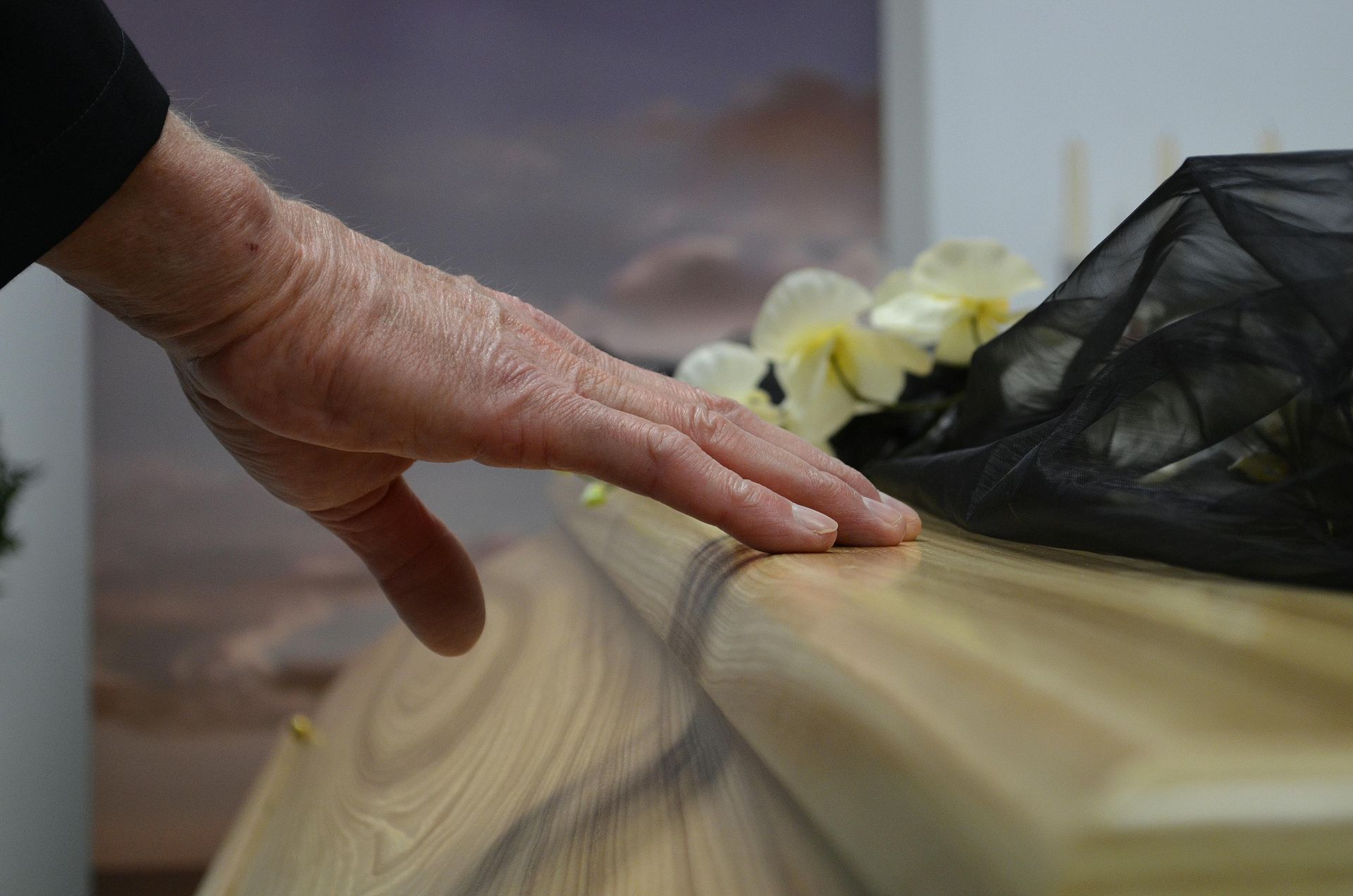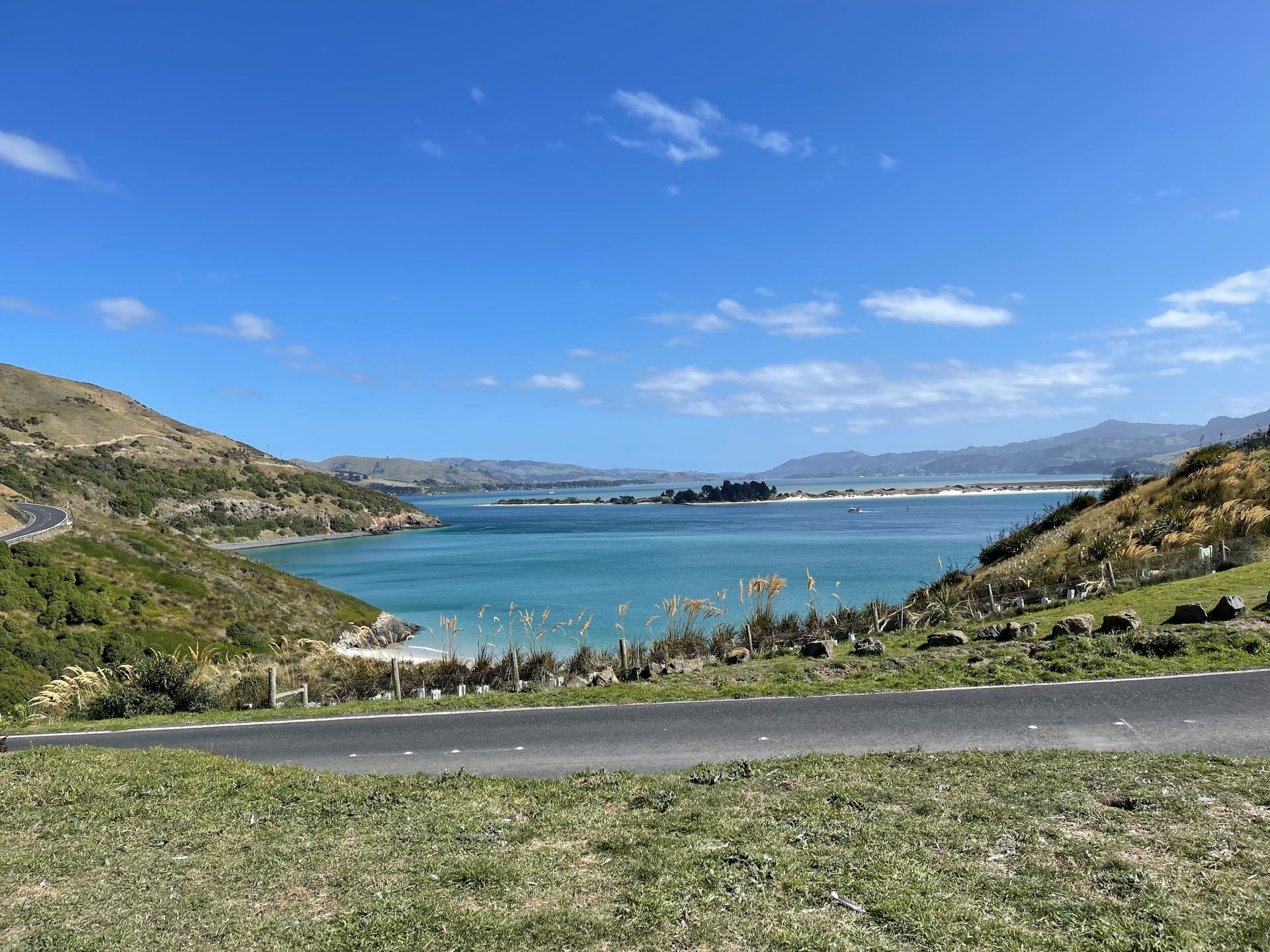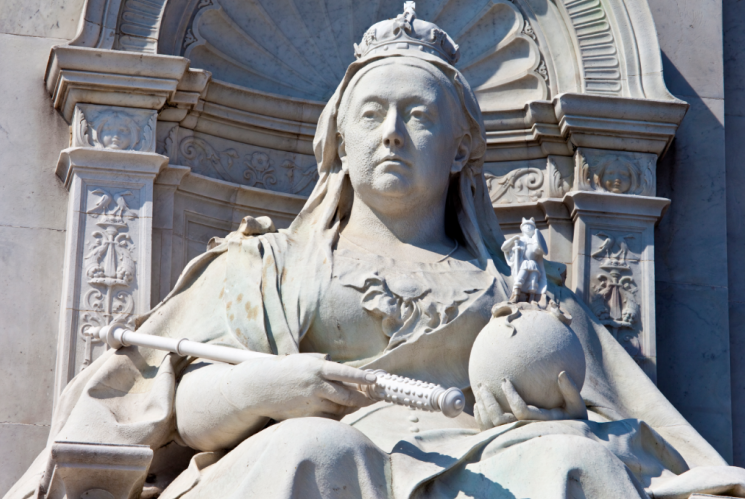What is a funeral in 2022
A common definition is that a funeral is a ceremony or service held shortly after a persons death, usually including the persons burial or cremation.
As New Zealanders, we have our own unique approach to funerals, tangihanga and farewell gatherings. They can be small and intimate or large public events to farewell community identities. This diversity in structure reflects the changing dynamics in our society and has accelerated profoundly since the first lockdown in 2020.
20 years ago, when I first started working here, many funerals had some religious components - usually a prayer and readings. The services of an organist were often required so the mourners could sing a hymn or two. Funerals were personalised with service sheets and music, but they followed a fairly standard structure.
Although these elements are still import to many people, secular services have become more common over the years. These are usually led by a celebrant or family member rather than a minister, pastor or priest, and the format is flexible, although most will have some committal words at the end.
The other significant difference has been the rise of technology components. Over the last couple of years, there were periods when live streaming and online services were all that we could provide families.
As we have moved back to less restricted times, we have noticed more requests for something a bit different with an emphasis on value and simplicity. An intimate farewell, memorial service, graveside ceremony, or farewell at home all fit the bill. We are lucky to have several options for different options for different spaces in our building and, because we are licenced to serve food (with an "A" grade rating), we can offer a variety of catering options as well.













